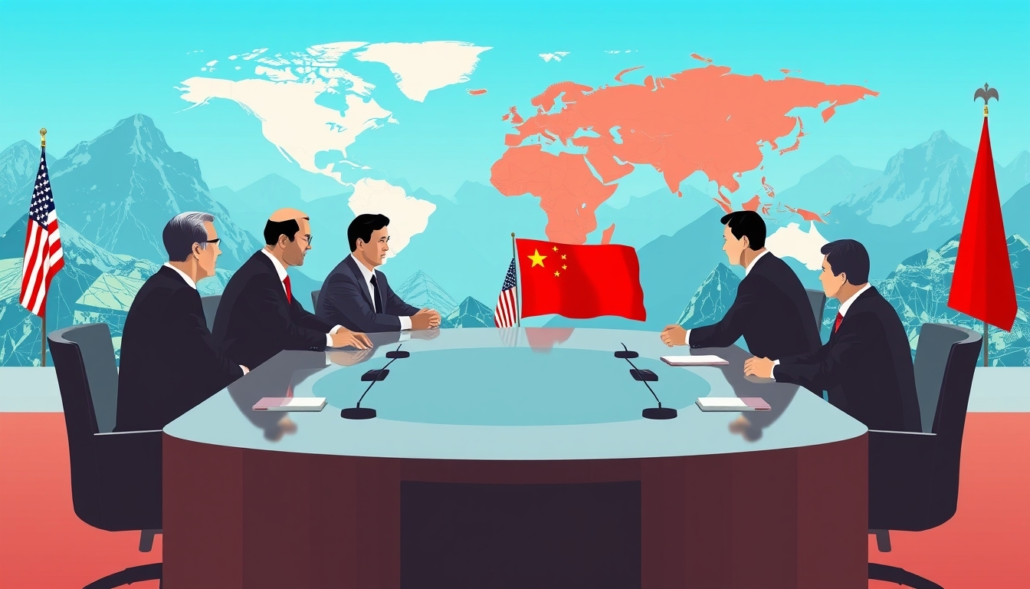Trump’s Rare Earth Deals Target China’s Dominance — Why Change Won’t Come Soon
Published: October 29, 2025
President Donald Trump acts to break China’s strong hold on rare earth minerals. He signs supply deals with Australia, Malaysia, Cambodia, and Japan. The U.S. seeks more paths for rare earth supply. New deals help secure links to important minerals needed for batteries, cars, defense systems, and computer chips.
The Stakes Behind the Deals
China now holds about:
- 69% of rare earth mining,
- 92% of refining, and
- 98% of magnet production globally,
according to Goldman Sachs. China uses its power to shape prices and supplies by setting export rules.
Trump’s new agreements involve billions of dollars. They require fair trade and promise no export bans or quotas. The pact with Japan secures raw and processed minerals. It also sets funds to start some projects in six months.
Challenges Ahead: Why Change Will Take Time
Analysts note that these deals lay the first stone. Yet, change will cost years. New mines outside China take about ten years to build. New refining facilities may need five years. Dennis Wilder, at Georgetown University, states:
"In the medium term, we will get off the Chinese supply chain, but in the short term, there’s still a great deal of dependency on China."
Some reserves outside Myanmar and China are few. This fact makes quick change hard.
Strategic Benefits and Economic Impacts
Experts point to several benefits:
- Stabilizing global rare earth prices,
- Cutting U.S. reliance on Chinese export rules,
- Driving new ideas for domestic refining and recycling, and
- Creating fair play for U.S. companies against foreign rivals.
Brodie Sutherland, CEO of Patriot Critical Minerals Corp, calls the deals a “game-changer.” He says that a steady supply from nations that share our values may lead to mining and processing that is both efficient and fair.
Some experts warn of tradeoffs for the environment. In China, lower eco-standards kept costs low. New practices may raise costs. Patrick Schröder from Chatham House says:
"Consumers may need to accept higher prices for electronics and green technologies that reflect their true material and environmental cost."
Market Reactions and Political Context
U.S. rare earth mining companies see gains. For example, MP Materials and Trilogy Metals have more than quadrupled in value this year, and Energy Fuels has tripled.
Observers think that Trump sped up these deals to boost his position before meeting Chinese President Xi Jinping in Busan, South Korea. The two leaders plan talks on issues like China’s export rules, U.S. tariffs, and tech limits.
Wendy Cutler of the Asia Society Policy Institute remarks:
"Beijing’s export control threats have pushed more countries to side with Washington on mineral security."
Dennis Wilder adds that China’s broad export limits were meant as a strong tool against the U.S. but now unite others against Beijing:
"It was a useful tool when aimed at the U.S., but it loses strength when used against many nations."
Looking Forward
The rare earth supply deals mark a key step to cut global ties with China. However, they start a long and tough task. Building mines and refineries, weighing costs against the environment, and managing ties among countries will shape the future of rare earth supply.
For those who watch the market, these changes show that rare earth minerals now play a key part in global plans and might affect technology, defense, and energy in the coming years.
Full money-growing playbook here:
youtube.com/@the_money_grower
